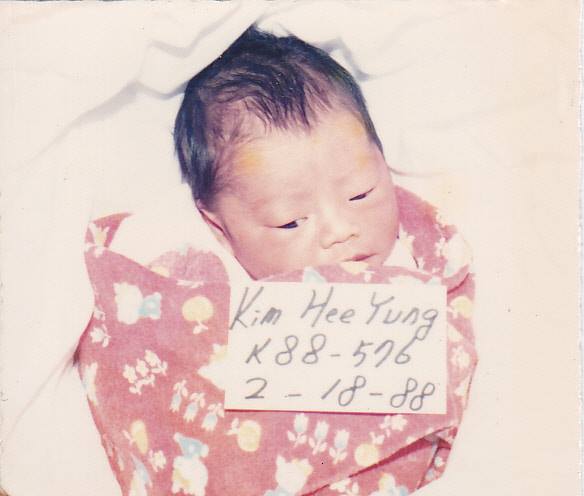In impoverished places around the world, one of the biggest threats to children is also one of the tiniest: intestinal parasites.
Kissa is almost always sick. Her stomach has sharp pains, it rumbles loudly, and she’s too small for her age — despite eating and eating, and always asking for more food.
In rural Uganda, where Kissa lives, most other children suffer from the same thing. Including her older sister, Nafuna.
Some children get this mystery illness so early that they never seem to catch up in height to other healthy children their age. They walk late, talk late and don’t do well in school. Some children get so thin and malnourished that they don’t survive.
Kissa and Nafuna’s mother is afraid for her two girls. She feeds them, makes sure they are hydrated and does everything she can, but nothing seems to help. She doesn’t know what else to do.
But, thanks to Holt’s program in her community, she finally knows what’s wrong: intestinal parasites.
What Are Intestinal Parasites?
Intestinal parasites are tiny organisms that live and grow inside a person’s digestive track. They get there through ingesting unclean water or food — which is especially common in developing countries. These worms start out microscopic, but over time they can grow to be over a foot long. Even more dangerous is how quickly and drastically they multiply. Within a week, one parasite can turn into tens of thousands. When this happens inside someone’s body — especially a child’s — they barely have a chance…
The immediate symptoms of intestinal parasites are chronic vomiting, diarrhea, dehydration, stomach pains and more. And in the long-term, the effects are even worse: stunted growth, wasting, severe malnutrition and even death.
“When children are continuously infected by many worms, the loss of iron and protein can severely slow down growth and mental development.”
Emily DeLacey, director of Holt’s nutrition and health programs
“When children have worms, it increases their risk of developing anemia and protein deficiency caused by blood loss at the site of the intestinal attachment of the adult worms,” says Emily DeLacey, the director of Holt’s nutrition and health programs. “And when children are continuously infected by many worms, the loss of iron and protein can severely slow down growth and mental development.”
When a child has intestinal worms, they need treatment as soon as possible.
“To kill parasitic worms, children receive an oral deworming tablet twice a year,” Emily says. “Children expel worms via their stool, often as early as the next day. Once children are free of parasitic worms, their bodies can better absorb vitamin A and other available nutrients.”
Intestinal parasites cause a terrible and dangerous illness, but the solution is so simple. So immediate. One small deworming tablet is all it takes. This small tablet, taken twice a year, cures a child of intestinal parasites and prevents them from coming back.
But in many impoverished places, deworming medication simply isn’t available. Under-resourced orphanages can’t always treat children when they first come into their care, and families living in poverty may live too far away from a medical clinic — or don’t know about intestinal parasites in the first place.
That’s why providing deworming medication and education about intestinal parasites is such an important part of Holt’s programs around the world.
The Cure: Deworming Medication
“We are providing [deworming medication] in many different ways to children,” says Emily. “Through child health days, in orphanage care programs and in general community programs.”
Nearly every child in Holt’s programs around the world receives this lifesaving medication.
In rural Uganda, where Kissa lives, children receive deworming medication at huge community-wide child health days, held two times per year.
Since 2018, Holt has partnered with Vitamin Angels to hold these child health days — providing essential vitamins, health education, health services and basic medications. Including deworming medication.
The community turnout for these events is huge — with thousands of families bringing their children from near and far to get treatment. But there are always more children to help. And even the children who already received a deworming tablet will need another in just six months.
How You Can Help
Kissa and Nafuna are just two of the children who desperately need deworming medication.
The next child health day in their community in Uganda is happening soon. You can help make sure that as they, and as many other children as possible, receive the deworming medication they need to take away their pain and help them grow healthy and strong.
“When a child is free of parasites,” says Emily, “the difference truly is amazing. Their body better utilizes the nutrients from their food and they are able to grow, have more energy and learn better in school!”

Treat a Child for Parasites
Nearly all children in developing countries have parasitic worms, or are at risk of getting them. But if left untreated, this condition can be deadly. Your gift of deworming medication will treat children in a Holt-supported orphanage, school or community.









